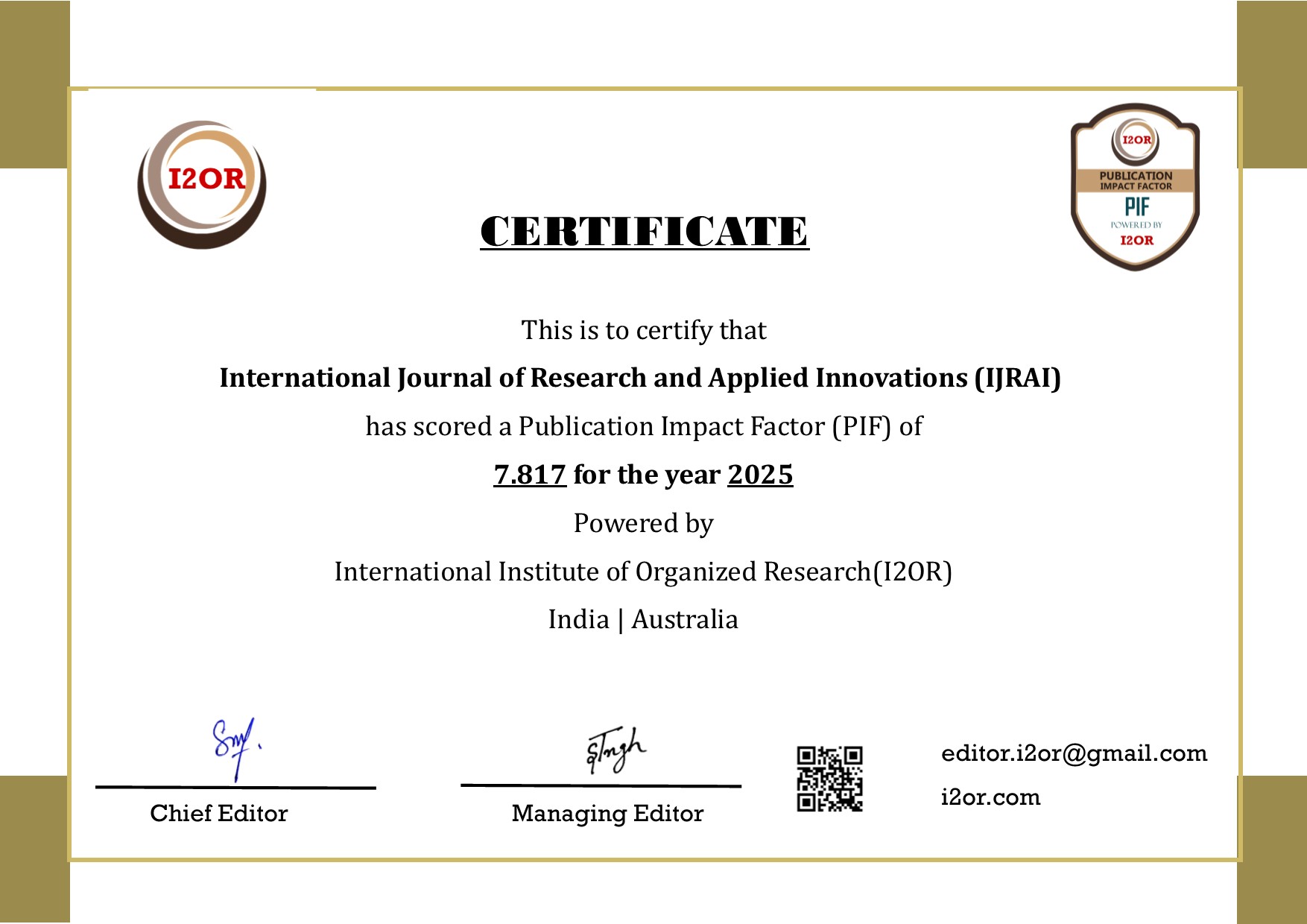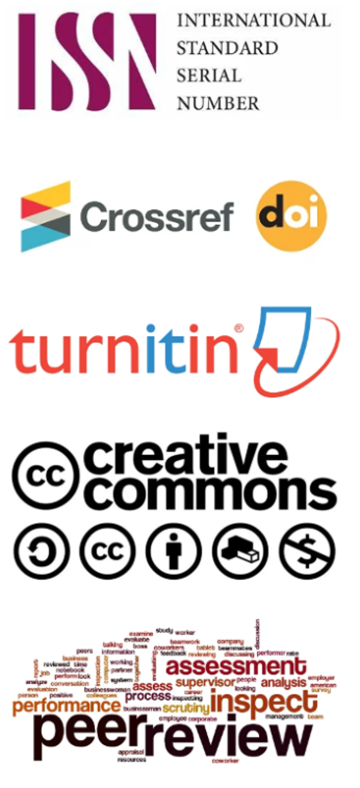Privacy Engineering Playbooks for Product Teams
DOI:
https://doi.org/10.15662/IJRAI.2023.0603001Keywords:
Privacy Engineering, Privacy by Design, Data Protection, GDPR Compliance, CCPA, Product Development, Privacy Risk Assessment, Privacy Playbooks, Secure Data Handling, Privacy CultureAbstract
In today’s digital economy, privacy has become a critical concern for organizations developing software products. Ensuring user data protection while maintaining product innovation requires systematic approaches that integrate privacy principles into the development lifecycle. Privacy engineering playbooks serve as structured guides, providing product teams with actionable strategies, best practices, and tools to embed privacy by design and by default. This paper explores the concept of privacy engineering playbooks tailored for product teams, focusing on how these frameworks facilitate compliance with data protection regulations such as GDPR and CCPA, mitigate privacy risks, and build user trust. We review the components of effective privacy engineering playbooks, including privacy risk assessments, data minimization techniques, secure data handling procedures, transparency measures, and incident response protocols. The role of cross-functional collaboration between product managers, engineers, legal teams, and privacy officers is emphasized to ensure alignment and accountability throughout the product lifecycle. Our literature review highlights the evolution of privacy engineering, its challenges, and emerging methodologies for operationalizing privacy controls within agile product environments. We analyze case studies where privacy playbooks have successfully reduced privacy breaches and enhanced compliance readiness. The research methodology involves qualitative analysis through interviews with product teams and privacy experts, alongside surveys assessing playbook adoption and effectiveness. Findings indicate that playbooks improve privacy awareness, streamline decision-making, and foster a proactive privacy culture but require continuous updates to keep pace with evolving regulations and technologies. Advantages of privacy engineering playbooks include standardization, risk mitigation, and facilitating communication. However, disadvantages include potential rigidity, resource intensiveness, and complexity in implementation. The paper concludes with future directions, suggesting integration of automated privacy tools, continuous monitoring, and AI-driven risk assessment within playbooks to enhance scalability and adaptability. Overall, privacy engineering playbooks are indispensable assets for product teams striving to deliver privacy-compliant and user-centric products in an increasingly regulated digital landscape.
References
1. Cavoukian, A. (2010). Privacy by Design: The 7 Foundational Principles. Information and Privacy Commissioner of Ontario.
2. Wright, D., & De Hert, P. (2012). Privacy Impact Assessment. Springer.
3. Pearson, S. (2017). Privacy Engineering for Privacy-Enhancing Technologies. IEEE Security & Privacy, 15(6), 61- 64.
4. Shin, D. (2017). The Role of Privacy Engineering in Privacy by Design. Journal of Information Privacy and Security, 13(2), 97-110.
5. Kagal, L., Yee, G., & Winograd, T. (2018). Enabling Privacy and Trust in Product Development. IEEE Computer, 51(4), 86-90.
6. Gupta, S., & Sultana, S. (2019). Building Privacy Playbooks for Agile Teams. Privacy Enhancing Technologies Symposium (PETS).
7. Spiekermann, S. (2019). Ethical IT Innovation: A Privacy-Enhancing Framework. Business & Information Systems Engineering, 61(4), 457-463.
8. Wright, D., & Kreissl, R. (2014). Surveillance in Europe. Routledge.
9. Dove, E., et al. (2017). Engineering Privacy by Design: Understanding the Role of Privacy Engineering. IEEE Transactions on Software Engineering, 43(2), 140-157.
10. Zhou, Y., Zhang, J., & Huang, H. (2019). Automating Privacy Compliance with Machine Learning Techniques. Proceedings of the IEEE International Conference on Big Data, 4520-4529.









